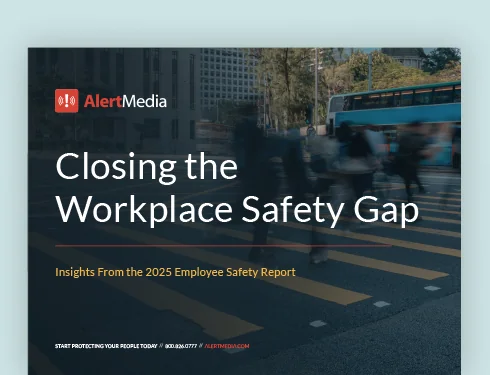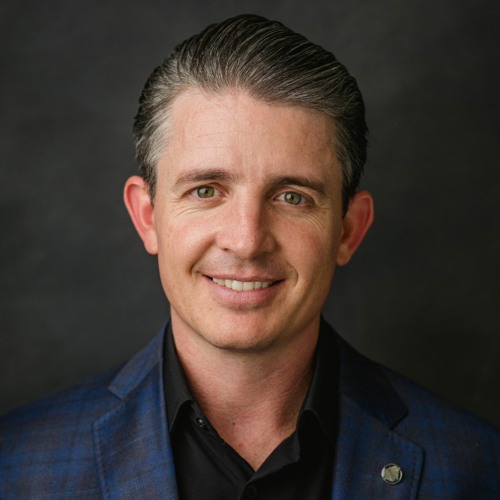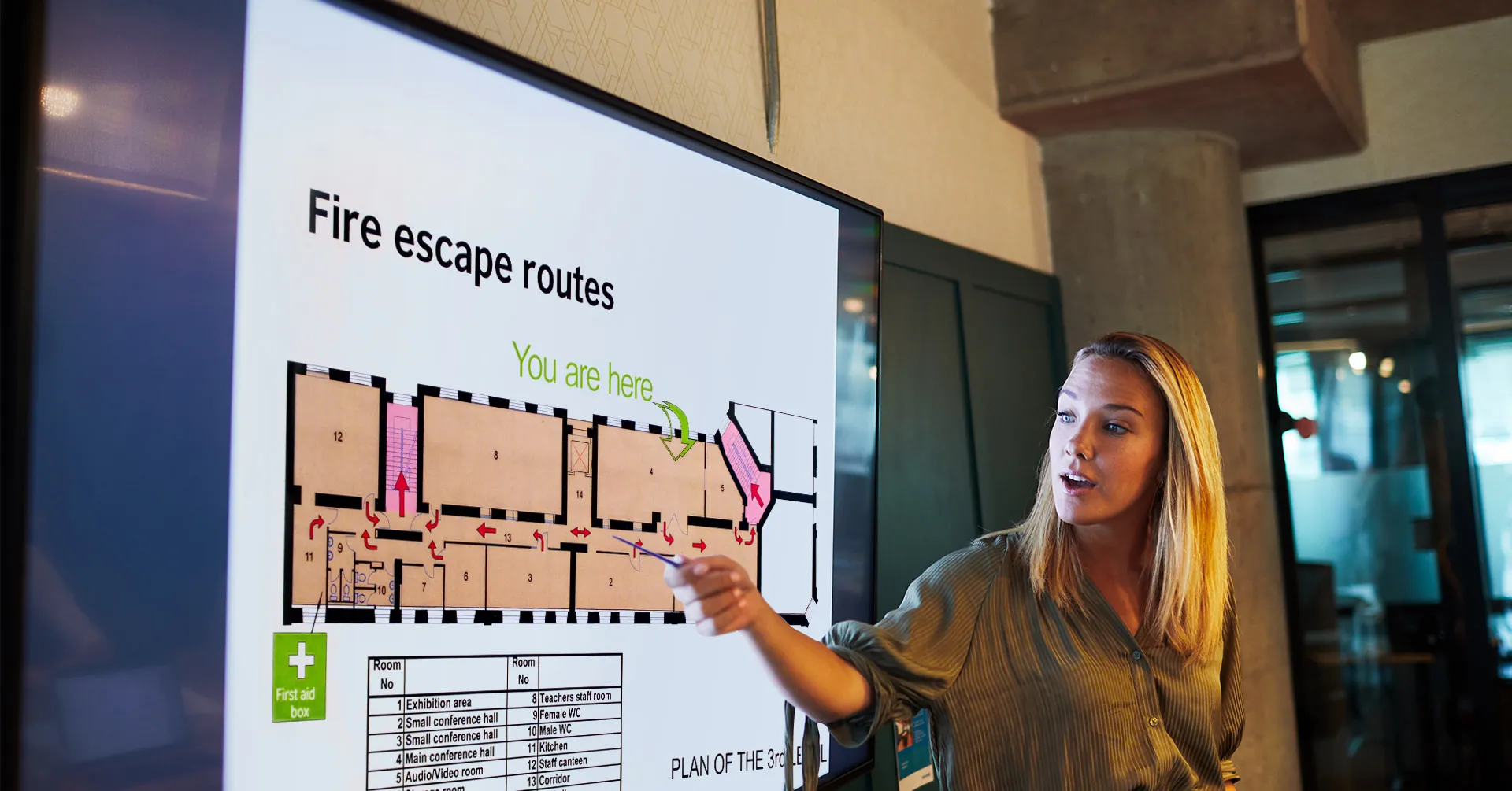
Psychological Safety in the Workplace
David Hassell and Shane Metcalf, Co-Founders of 15Five, on how organizations can make psychological safety a top priority in the workplace.

As younger generations enter the workforce, employees desire better integration of life and work—and if they don’t receive it at their current job, they aren’t afraid to leave.
As a result, companies are becoming more aware that they need to help maintain the emotional and psychological well-being of their people.
David Hassell and Shane Metcalf, Co-Founders of 15Five and hosts of the HR Superstars Podcast, recently joined us on The Employee Safety Podcast to discuss how organizations can make psychological safety a top priority.
You can listen to the episode below.
Q&A With David Hassell and Shane Metcalf, Co-Founders of 15Five
Your company works with leaders in human resources. Based on your interactions with customers, what is keeping them up right now and why?
David: One of the first things that I heard from a lot of CHROs after COVID was that they realized they are now, in part, responsible for the emotional and psychological well-being of their people. What we found is that these HR leaders have been given four or five new jobs, including figuring out how to navigate hybrid or remote work, building a diverse and equitable culture, and caring for the emotional well-being of employees. One thing that surprised me was that, even though we’ve been at this for a year and a half, hybrid and remote work are still unsolved challenges. There are still issues to figure out with that model in order for companies to create environments where people who come into an office are on a level playing field with those who don’t.
“The Great Resignation” started making headlines in 2021 as record numbers of employees quit their jobs. I’d like to get your thoughts on that. In your opinion, why is this mass exodus continuing to occur, and how are HR professionals handling it?
“"Employees are looking for companies that can deliver a healthy, respectful, and inspiring culture while paying them well."”Shane Metcalf Founder, Chief People and Culture Officer at 15Five
Shane: The Great Resignation is from a business perspective. From an employee perspective, it’s the Great Re-prioritization. The pandemic pushed people to be more in touch with what they want in life and focus on what is important to them and how they want to spend their time. As a result, employees are looking for companies that can deliver a healthy, respectful, and inspiring culture while paying them well.
I think that companies need to re-examine their philosophy towards compensation and total rewards and create systems that support the whole human being. For instance, we recently rolled out unlimited and free counseling and therapy for all of our employees and their dependents. Life is stressful these days, and work can help get to the root cause of our psychological distress to work through issues and become healthier individuals.
Let’s talk about the idea of psychological safety. David, some of our audience members may not be familiar with that concept, so can you explain what it is and why it is important in the workplace?
David: The term has been popularized by researcher and academic Amy Edmondson. The concept is that people need to feel safe to be themselves and take risks. When people feel like they have to watch what they say or do in fear of losing their job, they end up putting on a face and not being their authentic selves.
If we want innovative companies, we need people who take risks. We need people to make mistakes and we need to celebrate those mistakes when they are based on critical thinking and experimentation because that’s how we move the ball forward. So we need to create environments where people feel safe to express themselves, to have healthy conflicts, and to share when they don’t think something’s right without fear of consequence.
Shane: There is also a link between psychological safety and vulnerability. The advice I have for leaders or managers is: You go first. If you are more forthcoming and more willing to open up about the concerns and challenges that you’re experiencing, you are more likely to invite someone else to do the same with you. Vulnerability invites vulnerability, it really is a two-way street.
In response to “The Great Resignation,” are there any specific strategies that companies are using to differentiate themselves beyond increasing wages?
David: As Shane said, this is the Great Re-prioritization. So many folks come to us and say, “I’ve worked for all these companies and it’s been a lot about making money. But now what matters to me is working with good people at a company that has different priorities.” To be competitive, listen to your people and find out what they’re looking for and what matters to them. Nothing is better than creating a great culture and a great place to work where employees can be themselves, do something that matters, and feel connected to the work. It all comes back to culture.
Do you have any advice for leaders who may be hesitant to make these types of changes in their organizations?
Shane: My first suggestion is to ask your people what it would take for them to stay. Ask them, “What would make it easy for you to be employed here six to 12 months from now?” That’s what we call a stay interview. We all know about exit interviews but conducting stay interviews with your people while they’re still with you is incredibly important. Recently, we conducted check-ins where employees answered a couple of questions, and then their manager had a deep dive on those answers with them. We look at all of that data and do some analysis to look for themes that help us form short-term and long-term strategies on how to keep our best talent.
There’s also accepting that some attrition is good. It can be psychologically healthy for people to have a fresh start, and sometimes, even if you have a great culture, people can get burned out so a new opportunity with a different team can help them. Letting go and trusting is healthy for companies to do because on the flip side of this is the Great Attraction. There have never been more talented people that are open to new jobs than there are now.

What role does communication play in creating a transformational culture or achieving psychological safety in the workplace?
David: It goes back to having values that everyone can connect to. Communicating those values upfront to say, here’s the culture that we aspire to and this is what we’re going to hold people accountable to, allows people to expect how to be treated and how to treat others.
Shane: What I love about teaching foundational communication skills is that these are things that people take with them for the rest of their lives and they spill over into their personal relationships. Work can be an incubator for human potential because we can teach foundational life skills and become better human beings, not just better professionals.
What do you think HR professionals, or any members of leadership teams, need to be most prepared for in 2022?
Shane: HR teams need to be prepared for a highly competitive talent market and polish their employer value to stand out. How do we do something extraordinary? How do we break some of the rules that the business world accepts as normal? And so it’s balancing competitive talent acquisition strategies with nurturing your people and listening to their concerns. One of the best ways to take care of your people is to make sure that they have great managers and that those managers have great leaders.
David: Be prepared to have the fortitude and resolve to be working on these challenges for some time. There is no silver bullet for doing hybrid or remote work. It’s going to require some experimentation. The learning that we’ve all done over the last 18 months is going to help, and you don’t have to be perfect. Because guess what? Nobody else is. Get together with other leaders and share what’s working and what’s not working so that we can all learn together more quickly.





